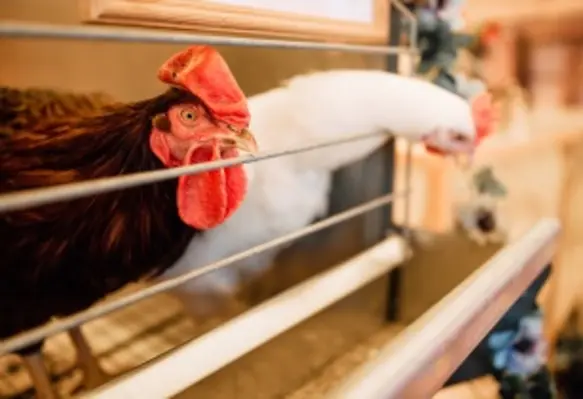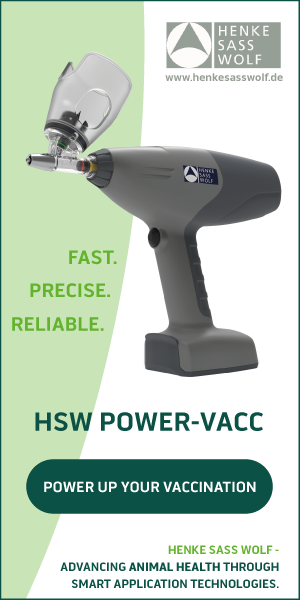Taiwan has revised its official guidelines for laying hen welfare for the first time since they were introduced in 2015
The changes deliver substantial animal welfare improvements for laying hens raised in free-range and barn systems, as well as those kept in enriched cages, and were made following formal representations by Environment & Animal Society of Taiwan (EAST).
The guidelines have a legal effect, making them mandatory for any eggs labelled with the terms ‘free range’, ‘barn’, or ‘enriched cage’.
Chief among the changes is an increase in the amount of space cage-free farms will need to provide for each hen. Free-range and barn systems must now provide at least one square meter of space per 10 birds, up from one square metre per 12 birds.
The updated guidelines also ban the practice of forced moulting (which sees hens deprived of food for up to two weeks to stimulate egg production), specify nest box materials, perch design, and range shelter size, and require farms to provide segregated areas for sick or injured hens.
“The updated regulations are a vote of confidence in Taiwan’s cage-free transition” exclaimed Yu-Min Chen, deputy chief executive of EAST, praising the authorities for responding to growing consumer concern for farmed animal welfare.
Crucially, the guidelines significantly raise requirements for enriched cage facilities, encouraging producers to instead invest in cage-free systems. In addition to an existing requirement to provide at least 750cm2 of space per bird, enriched cages will now need to provide at least 600cm2 of useable space per bird (nesting areas cannot be counted as ‘useable space’). The cage height is required to be 45cm2 throughout the entire cage, and there are new requirements to ensure sufficient access to feeders and drinkers.
While EAST has long advocated for the removal of enriched cages from the scheme, the changes close loopholes that saw Taiwan’s requirements for enriched cages fall far below those in the EU.
Taiwan’s cage-free movement is rapidly gaining steam. In late 2020, furniture giant IKEA committed to going 100% cage-free in its Taiwanese restaurants by the end of this year. In April, luxury hotel group LDC Hotels & Resorts debuted a series of Mother’s Day cakes made using exclusively cage-free eggs. In May, Taiwan’s largest retailer PX Mart unveiled designated cage-free zones in 600 of its supermarkets across Taiwan.
The revisions to the official guidelines are expected to affect around 10% of Taiwan’s 40 million laying hens. The upgrade comes soon after authorities announced a reduction in interest rates for farmers investing in cage-free systems as part of the government’s low-interest loan scheme.





